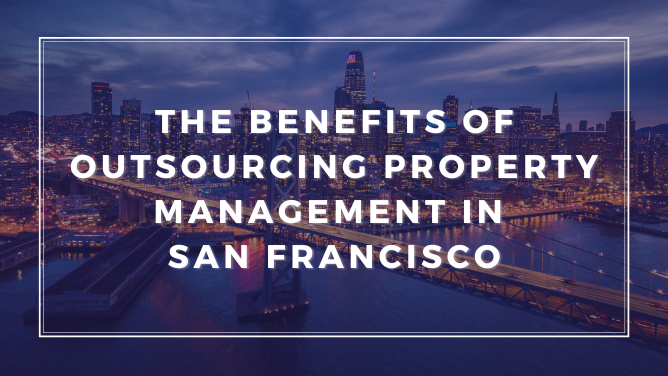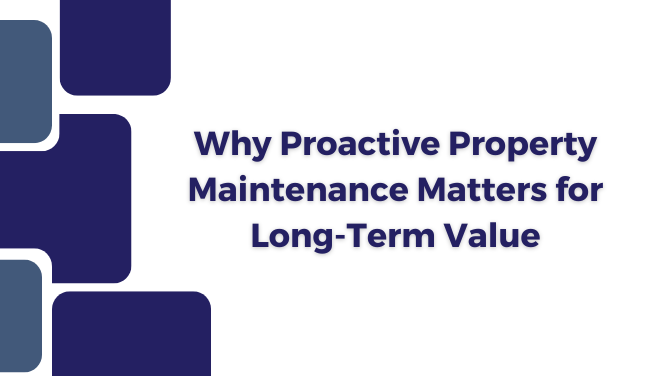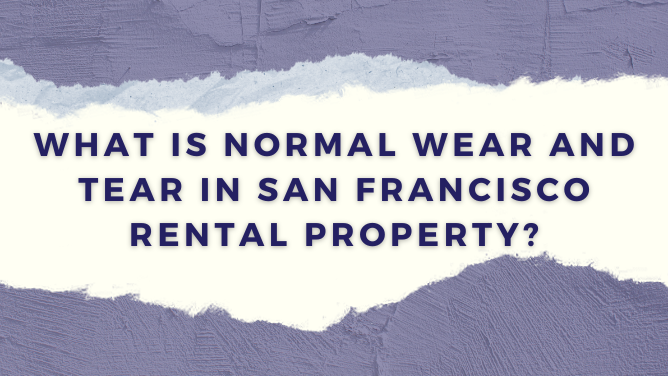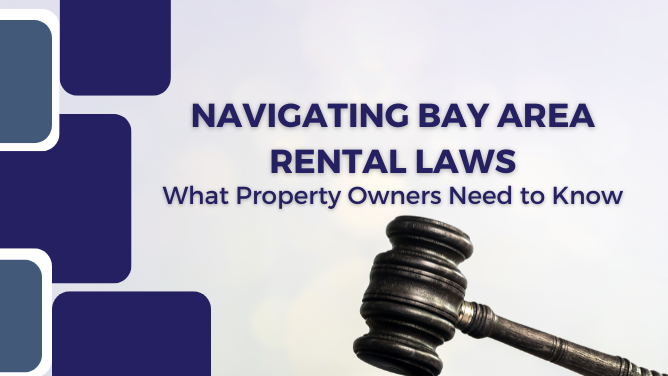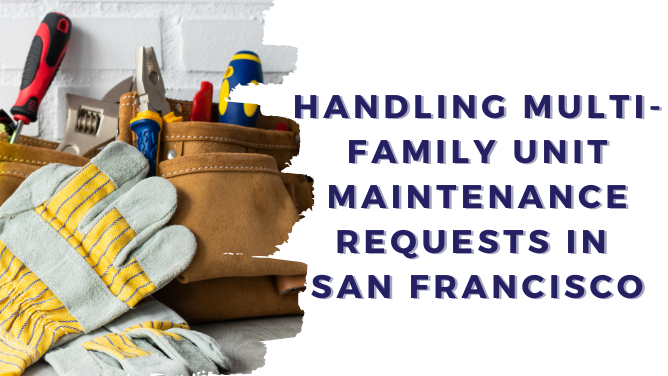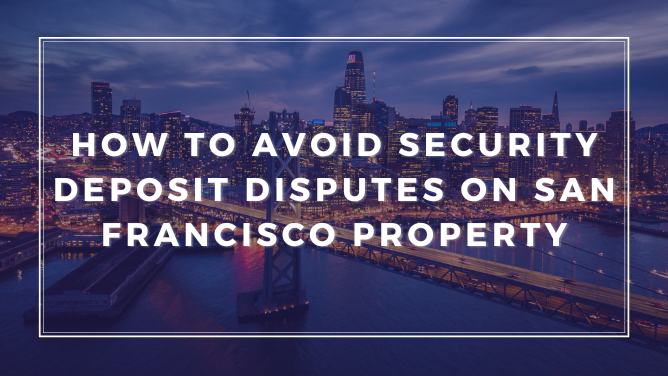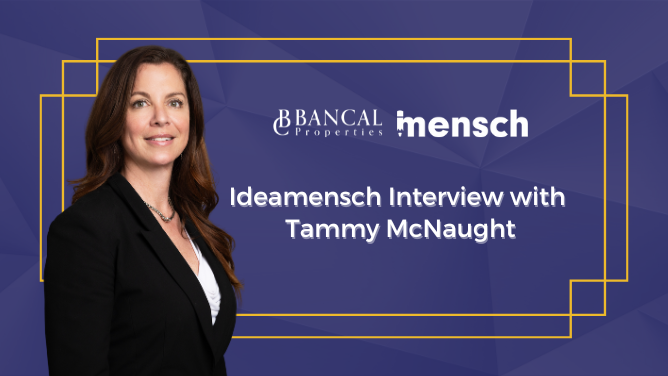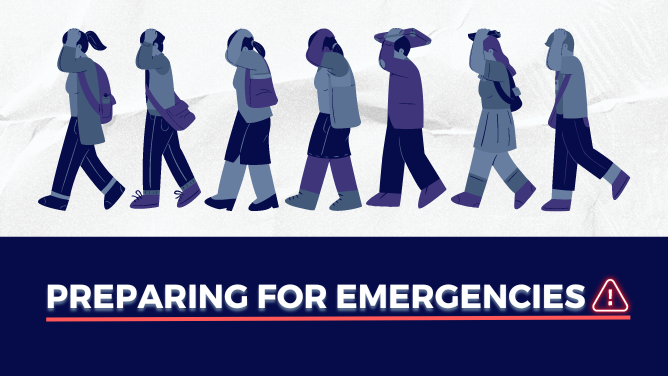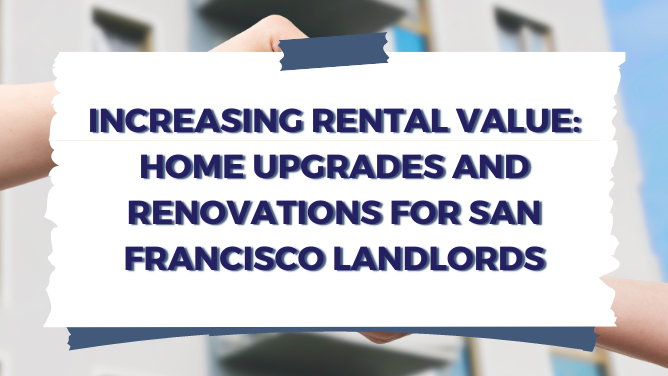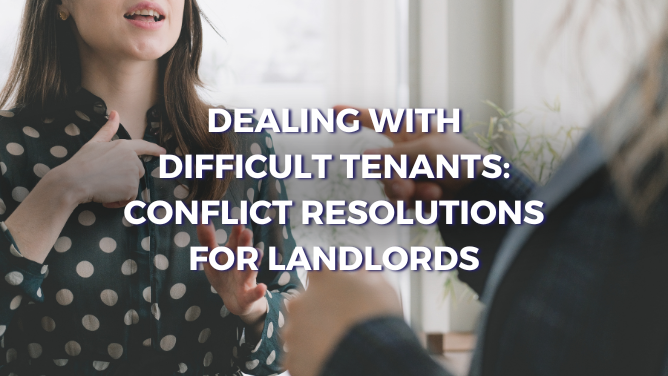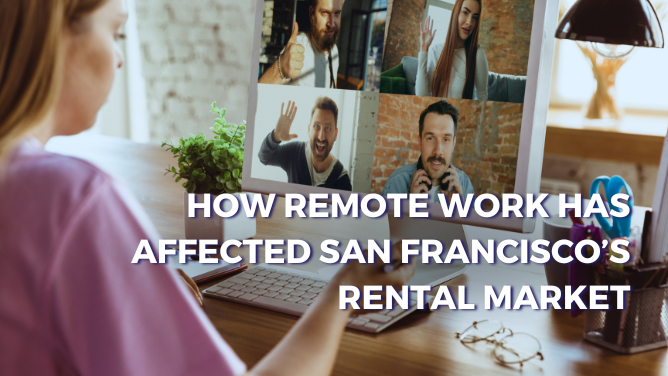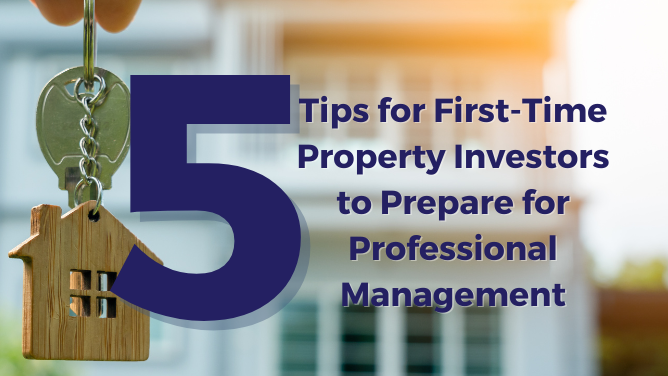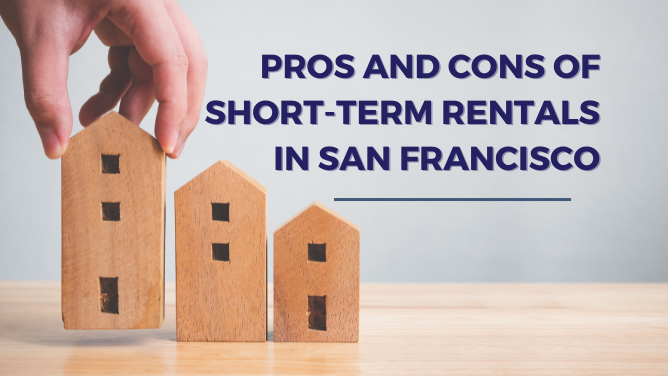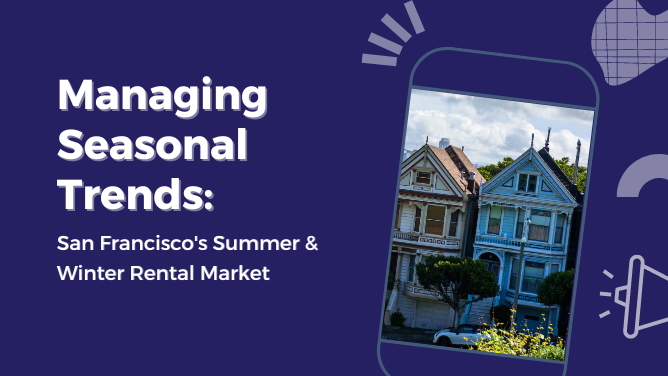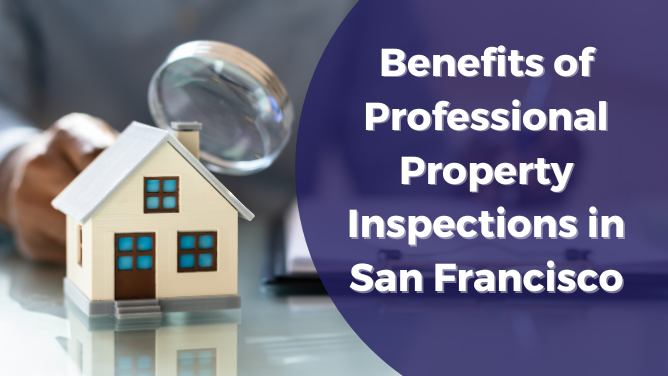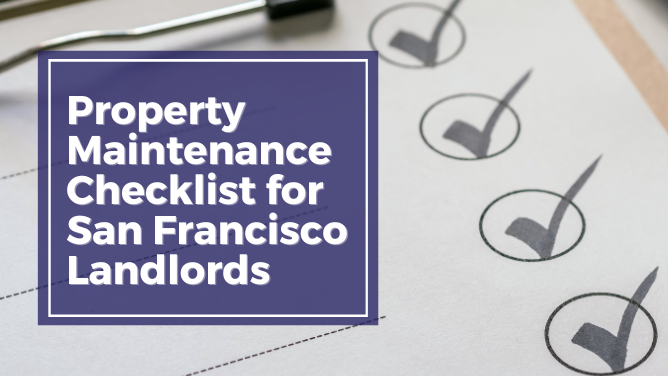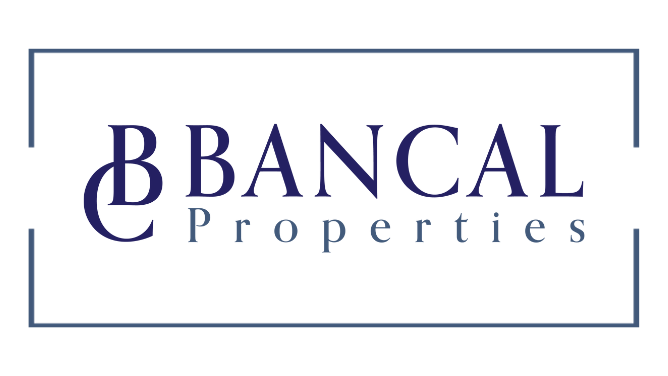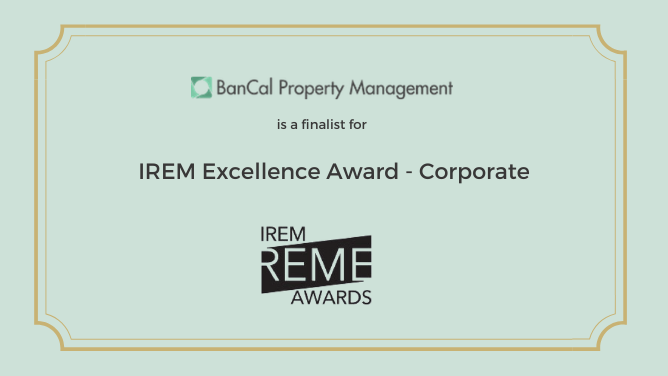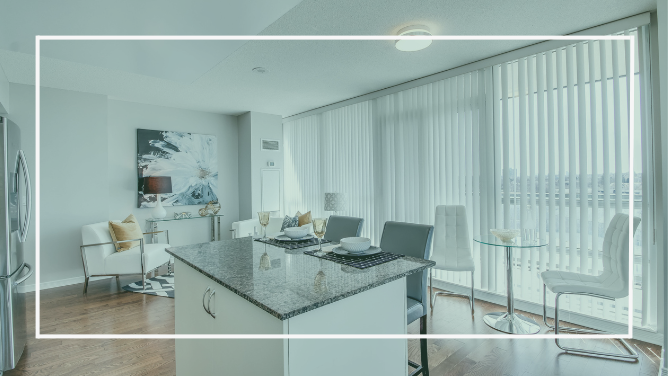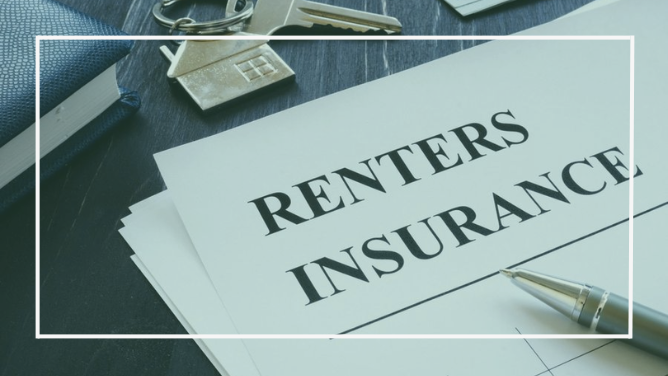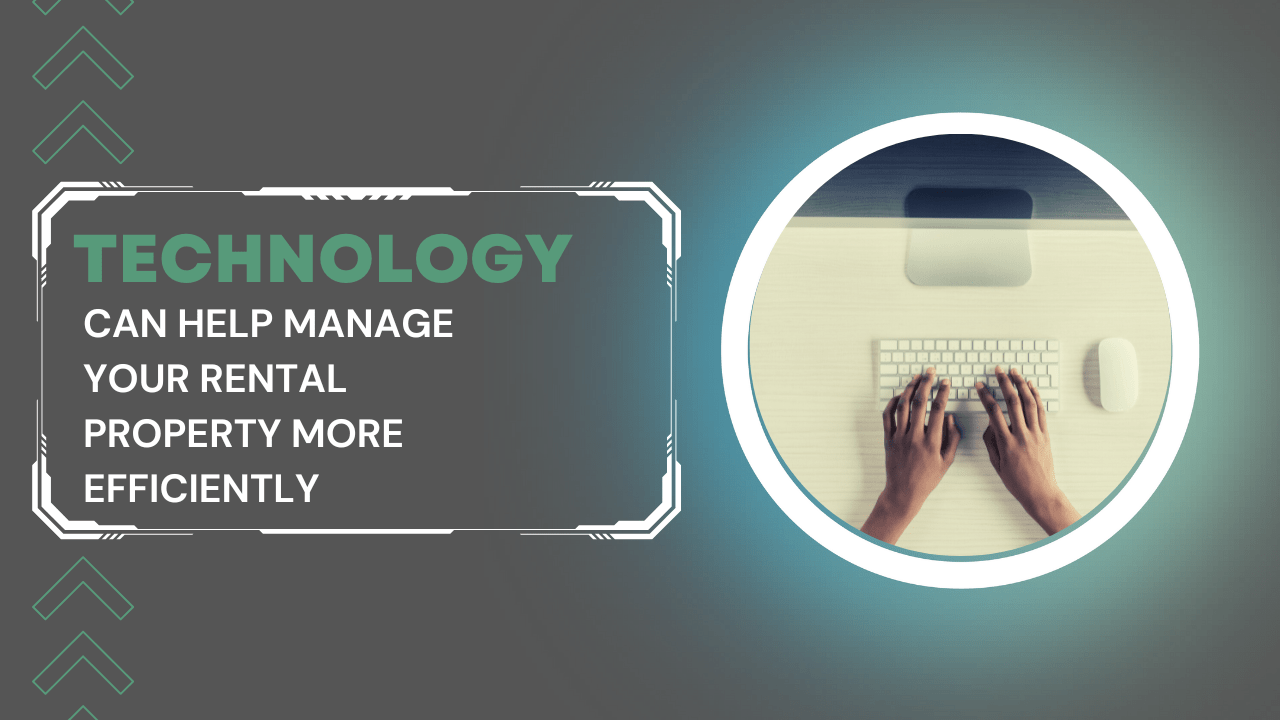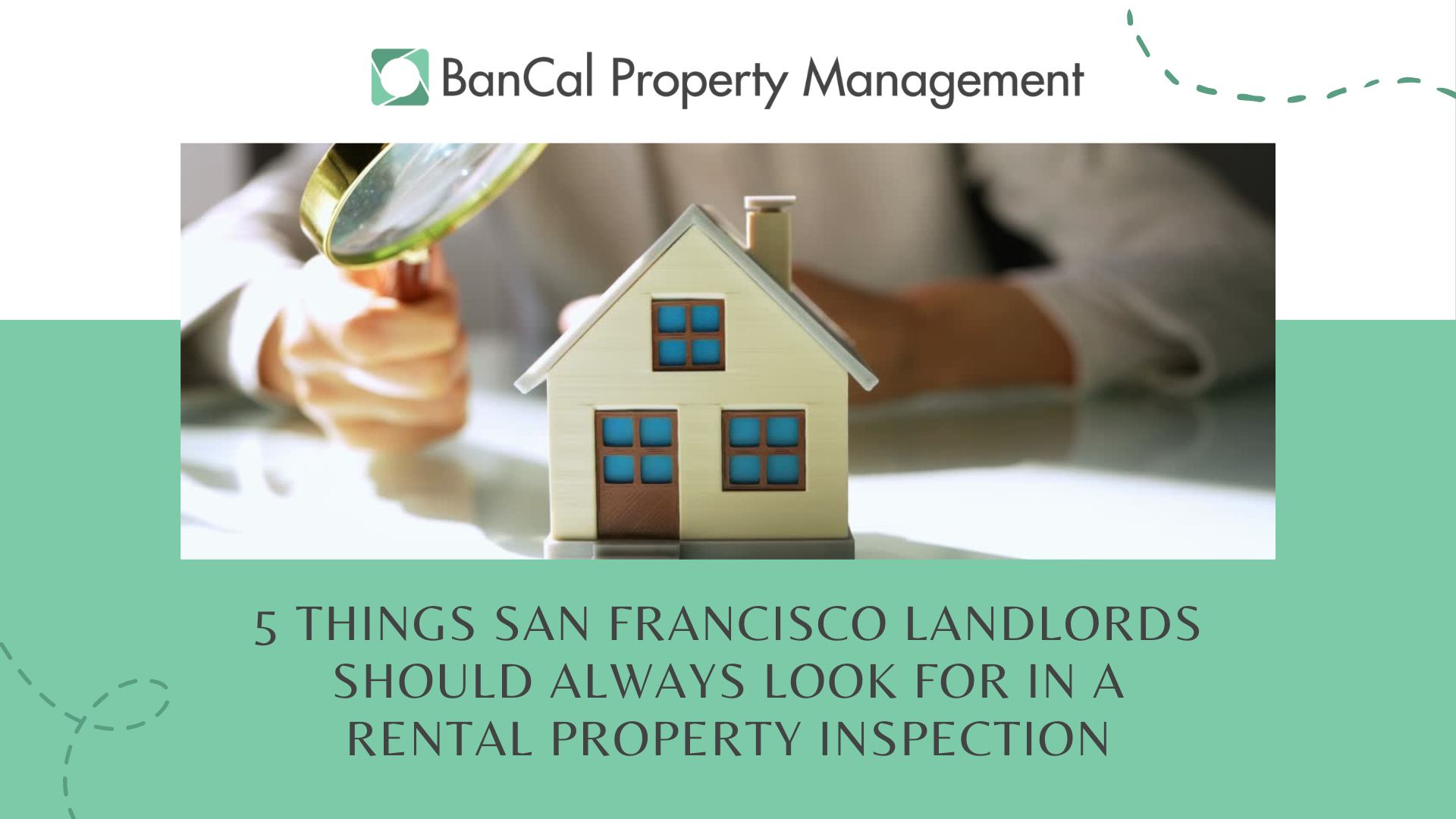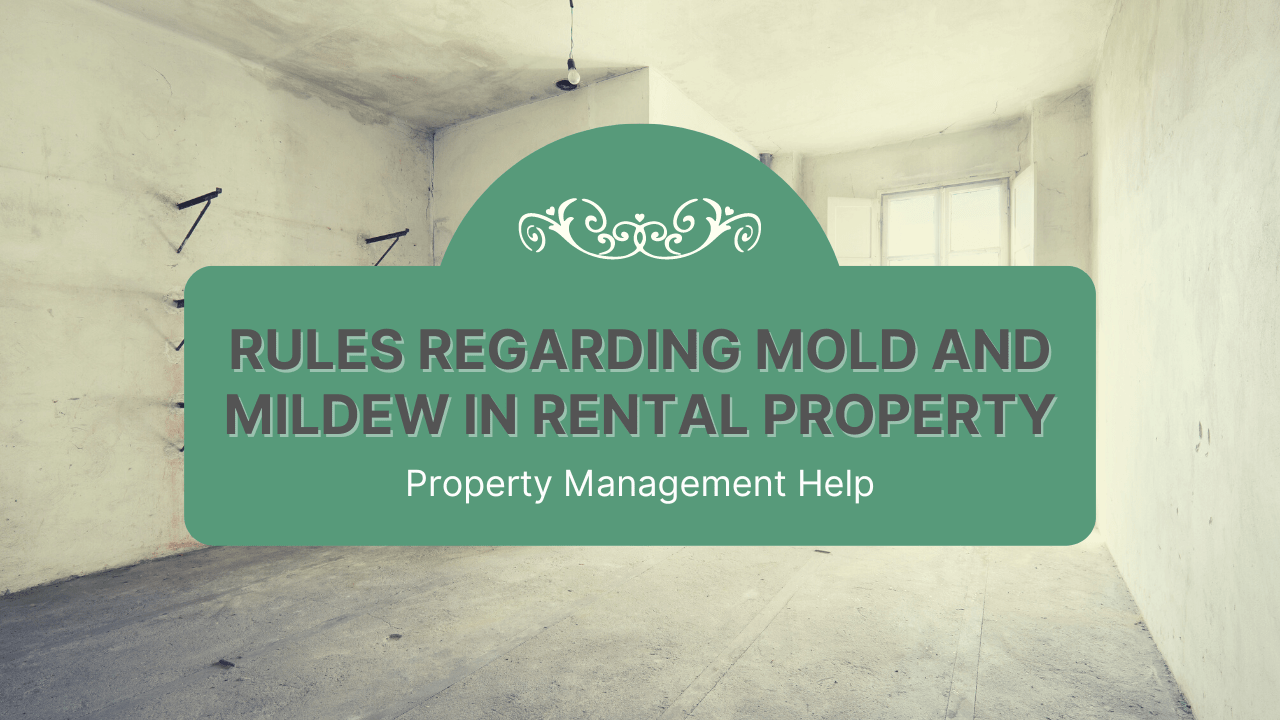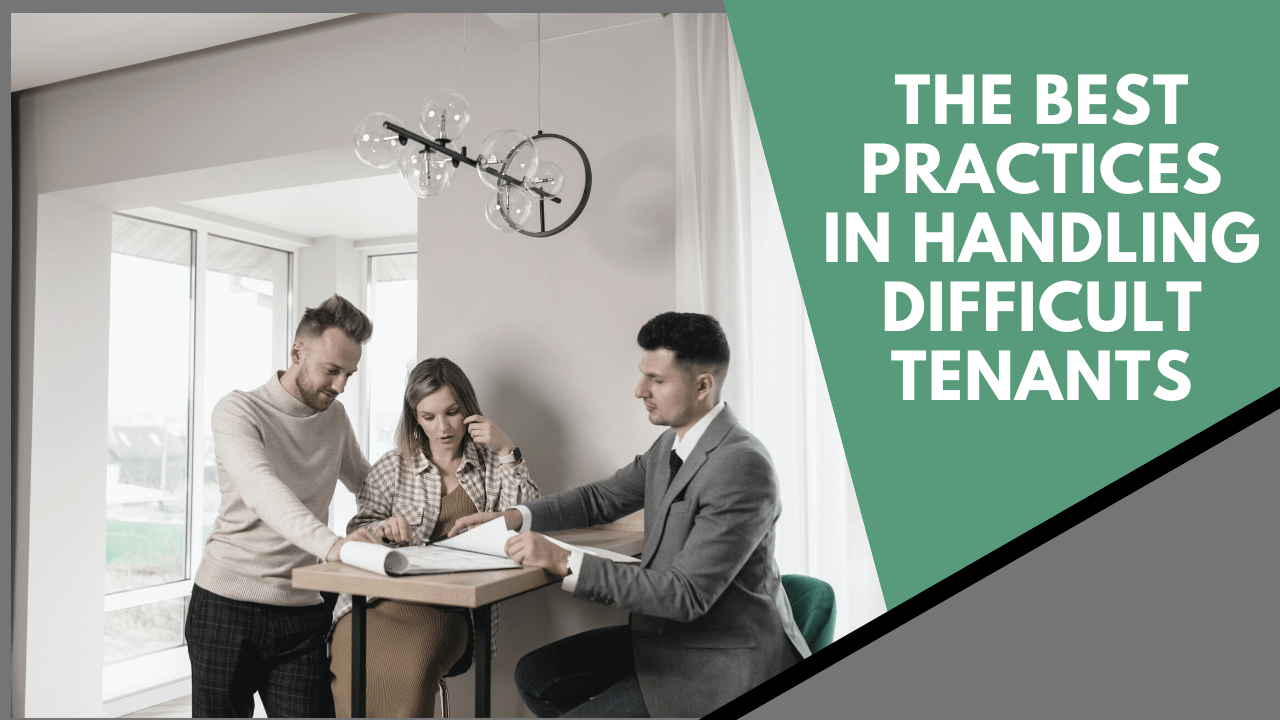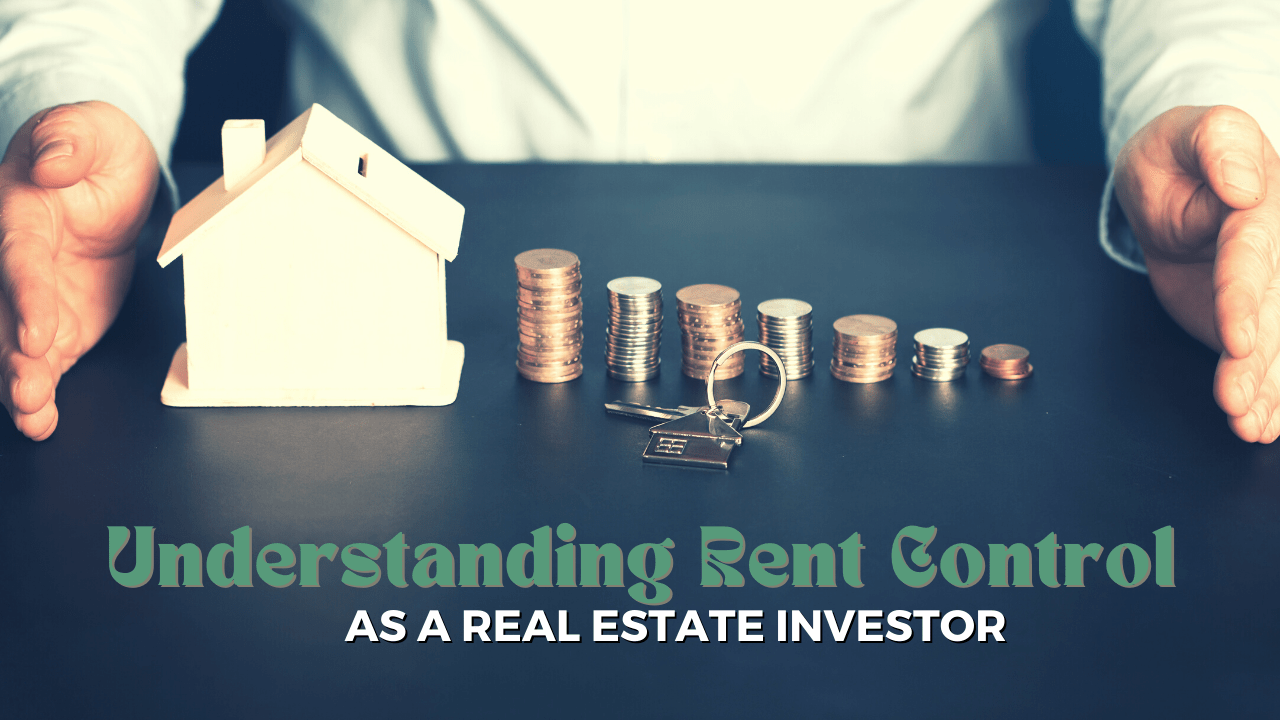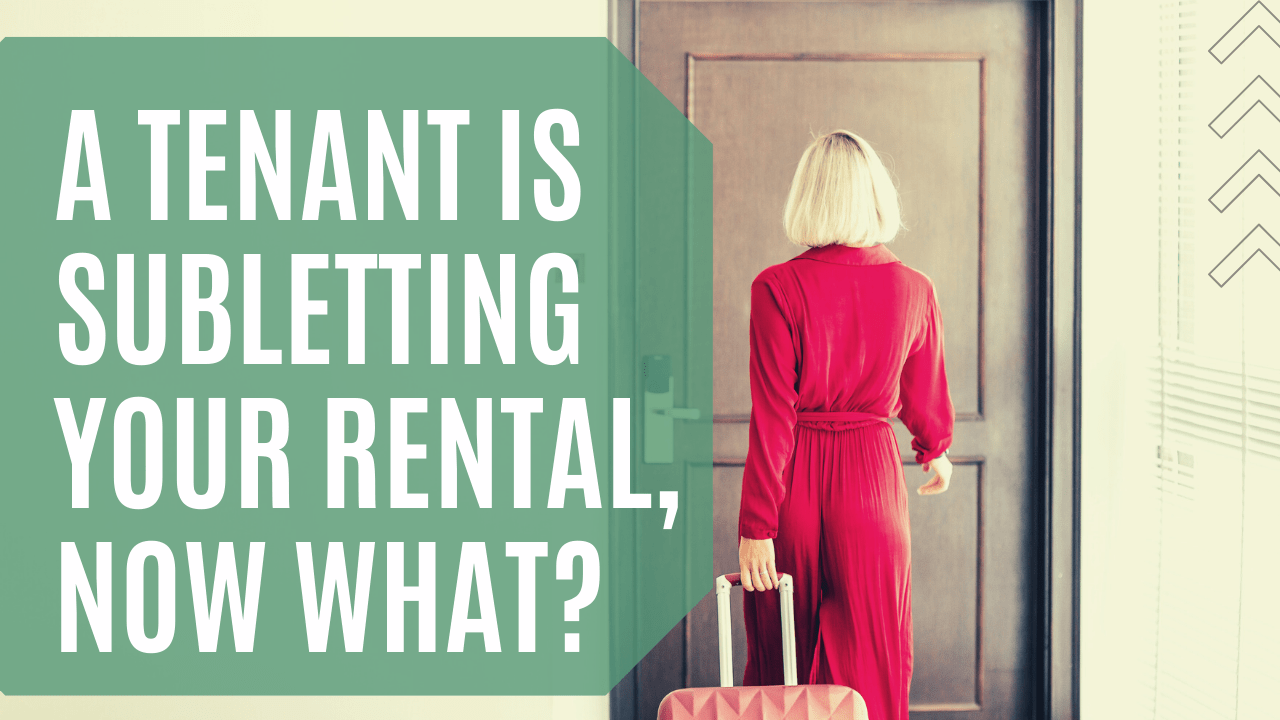To hear more about our maintenance and management services, please contact us. We also welcome your comments, questions, and suggestions for topics you want to learn about, so please share those too. What have been some of your surprise expenses as a San Francisco landlord?
3 Unexpected Expenses of Owning a San Francisco Rental Property
Vacancy. Emergency Repairs. Unpaid Rent.
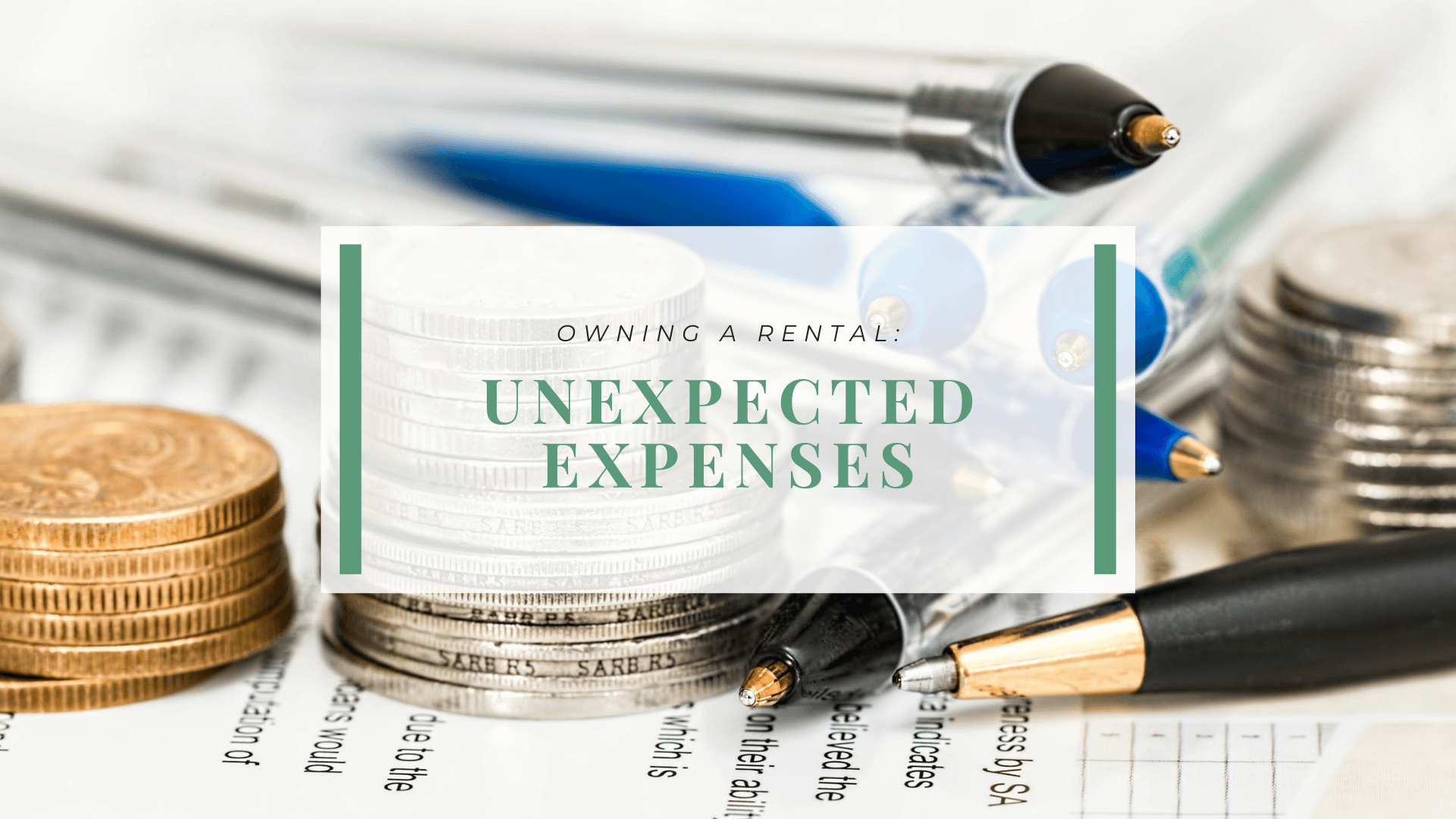
If you’re like us, you don’t like surprises when it comes to rental property expenses.
Renting out a home in San Francisco is lucrative, but it can also be expensive, especially when you factor in marketing, tenant screening, maintenance, pest control, legal compliance, and inspections. These are all the costs you expect. What about those you don’t see coming?
We’ve found that the owners we work with are usually surprised by three unexpected costs: Vacancy, emergency repairs, and unpaid rent. Here’s how to plan for them.

BUILD A BUDGET SO YOU’RE NOT CAUGHT BY SURPRISE
It’s hard to expect the unexpected. But, if you have a generous reserve of cash in place, you won’t feel so panicked when it’s suddenly time to replace a roof, evict a tenant, or make some repairs during an extended turnover. Make sure you have some money in the bank.
1. VACANCY AND TURNOVER COSTS AREN’T ALWAYS PLANNED
Vacancy is expensive, especially in a market like San Francisco where rents are high. Turnover costs are even more expensive; you have to pay for wear and tear that’s happened between tenants and tend to things like new paint, minor upgrades, and professional cleaning. Most landlords don’t think about what they’ll have to pay out-of-pocket when their rental homes aren’t occupied. It’s easy to be caught off guard when your tenant moves out and rent stops coming in.
Avoid the vacancy expense whenever you can. Study the market and make sure your property is priced competitively. Implement a tenant retention plan so your residents are more likely to renew their lease agreement. Market your property aggressively.
2. EMERGENCY REPAIRS ARE RARELY CHEAP
Just about everyone who rents out a home understands that maintenance will be required from time to time. Rarely, however, do you imagine the panicked phone calls in the middle of the night because there’s a flood or a fire or some other catastrophe. Getting a vendor you trust over to the property right away will always cost more, especially if it’s late at night or during a holiday or a weekend.
The best way to protect yourself against these surprise expenses is by adopting a plan of preventative maintenance. When you make a point of inspecting and servicing the most expensive functions and systems of your property on a regular basis, these emergency repairs will be few and far between. At the minimum, we recommend:
- Annual HVAC inspections and service
- Pest control
- Seasonal landscaping services
- Check for leaks, rusting water heaters, and irrigation issues
- Test appliances and smoke detectors annually
If you’re in a building with elevators, have those inspected annually as well. Get your roof looked at and your foundation tested. Stay up to date on all earthquake precautions and educate your tenants on how to avoid and report emergencies.
3. LATE AND UNPAID RENT HURTS CASH FLOW
When you place a qualified resident and you do a thorough job screening that tenant, you likely expect that rent will be paid on time every month.
It’s a reasonable expectation, but bad things can happen to good people.
Unpaid rent is rarely expected, but it can happen. You need to be prepared with a policy for collecting late or unpaid rent. You need to be prepared to work with tenants who are struggling and to evict when necessary. The longer your rent goes unpaid, the more financial harm is done to your investment portfolio.
How
not to be surprised by rental property expenses
As we mentioned earlier, a reserve or a savings is necessary to rent out property in San Francisco. We also recommend a strong rent collection policy, routine inspections, and a plan to avoid deferred and unreported maintenance. Surrounding yourself with San Francisco property management professionals, accountants, and attorneys can also help.

SAN FRANCISCO PROPERTY MANAGEMENT SAVES YOU MONEY
You invest in rental properties because you want to earn money, not lose it. The best way to keep your income up is by keeping these expenses down. At BanCal Property Management, we’ve been working with owners like you since 1987. We can make sure your property isn’t costing you more than it should.

